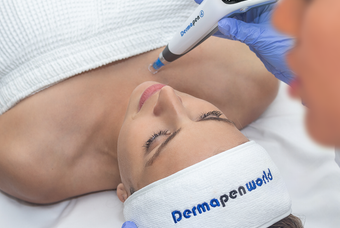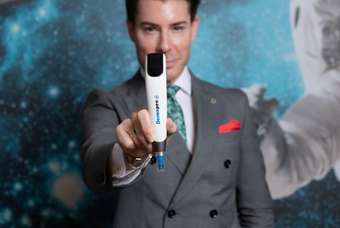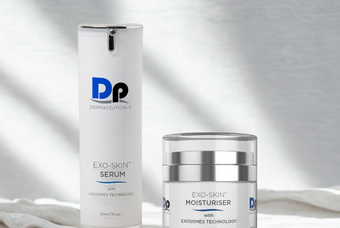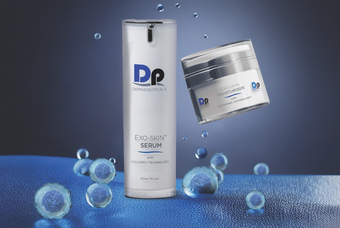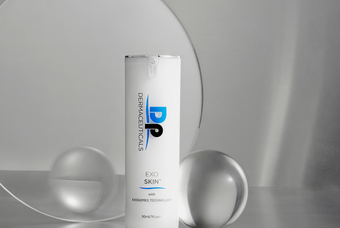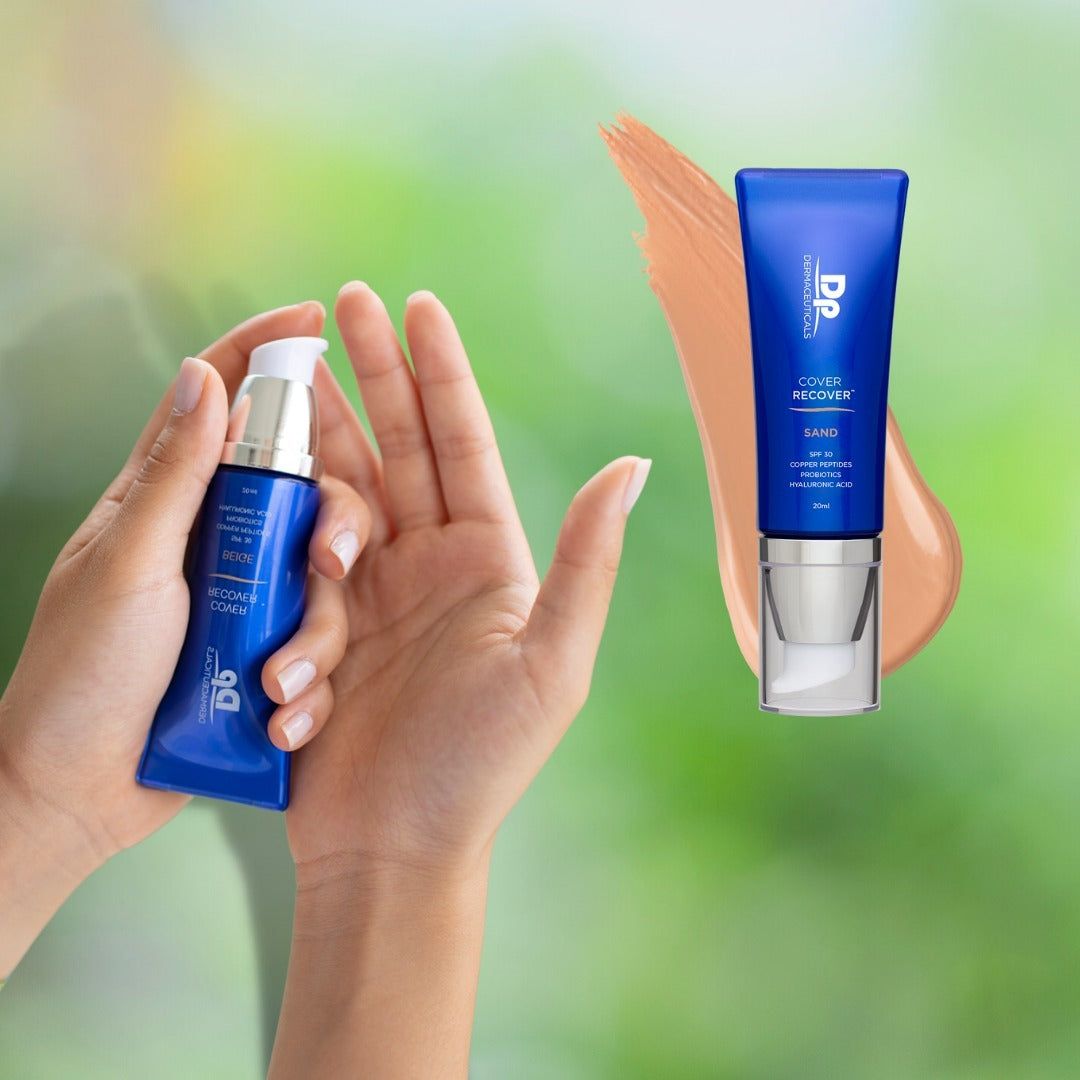
Sunscreen is an essential tool to keep your skin safe from the damaging rays of the sun. In every season and in all types of weather, your skin can suffer sunburn. There are two steps to optimize protection for your skin: select the right product and apply it properly. Here are some of the steps to minimize the risk of skin cancer and premature photoaging:
One of the biggest fails when it comes to sunscreen is not using enough. You can try a very high number SPF, but if you aren’t applying enough product to your skin, you aren’t sufficiently protected. If you’re heading to the beach or pool and need to cover your body with sunscreen, anticipate using over an ounce of sunscreen, which is equivalent to a shot glass. Massage the sunscreen into your skin and allow it to dry and be absorbed fully, about 15 minutes prior to going outside. If you’re spending a few hours enjoying the great outdoors, reapply at least every two hours, especially if you’re in direct sunlight and more frequently if you’re sweating or swimming.
Consistency can also be the problem. Your face is exposed to the sun’s two types of ultraviolet rays each and every day, even if you are driving to work or doing errands, so incorporate sunscreen into your daily routine. UV radiation damages DNA, causing genetic mutations and skin cancer and can pass through cloud coverage, so never assume that you’re safe by being in a train, car or office.
The type of sunscreen you select should always be broad spectrum to block out the ultraviolet-B rays but also ultraviolet-A rays, as they are responsible for premature aging and skin cancer. If your sunscreen isn’t broad spectrum, it may only block out the UVB rays and leave you exposed to substantial danger.
When you apply your daily sunscreen is also an important factor. Sunscreen should always be applied before any other beauty products in your daily regimen. You need a foundation of sunscreen to start with. Remember to cover your face, from the hairline to the jaw line, as well as your cheeks and neck.
If your sunscreen has an expiration date, check it to ensure that it isn’t outdated as you won’t receive the full benefits if it is past its shelf life. If it has a strange consistency, smell or color, that’s another red flag to discard it. Properly store your sunscreen at home, out of the direct sunlight and not in the heat of your beach bag, as heat and light can cause it to break down quickly.
One of the best SPF moisturizers for face is Cover Recover from Dp Dermaceuticals. This healing cream is light, buildable and contains a potent SPF of 30 so it helps your skin on a daily basis. Instrumental in reducing the signs of aging like fine lines and deep wrinkles by softening them, Cover Recover lessens inflammation and redness while encouraging intensive regeneration and repair. Available in eight shades to match your skin tone as well as Sheer which has an iridescent finish and Clear, the best SPF moisturizer for face covers and soothes without coating or clogging pores. This go-to skincare staple is a game changer in the sunscreen arena and something that will streamline your routine and protect your skin.


